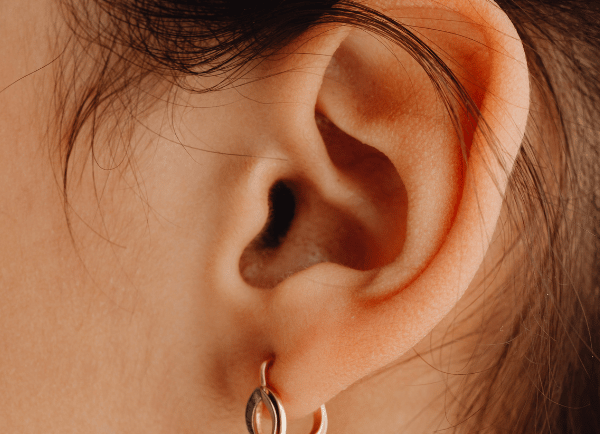Tinnitus
Tinnitus:Causes, Symptoms, and Potential Treatments
HEALTHCARE


Tinnitus
Causes, Symptoms, and Potential Treatments
Tinnitus, often described as a ringing, buzzing, or hissing sound in the ears, is a condition that affects millions of people worldwide. It can be a frustrating and distressing problem, leading to sleep disturbances, difficulty concentrating, and decreased quality of life. In this blog, we will delve into the causes, symptoms, and potential treatments for tinnitus.
Tinnitus is not a disease itself but rather a symptom of an underlying condition. It can manifest as various sounds, including ringing, buzzing, hissing, clicking, or even music. These sounds can be constant or intermittent and may occur in one or both ears. Understanding the causes of tinnitus is crucial to finding effective treatments.
Common Causes of Tinnitus
Exposure to Loud Noise:
Prolonged exposure to loud noises, such as concerts, heavy machinery, or firearms, can damage the delicate hair cells in the inner ear, leading to tinnitus.
Aging
As we age, the inner ear structures naturally degenerate, making tinnitus more prevalent in older individuals.
Earwax Buildup:
Excessive earwax can block the ear canal, causing tinnitus symptoms. Removing the earwax often alleviates the condition.
Medical Conditions:
Tinnitus can be a symptom of various medical conditions, including Meniere's disease, ear infections, high blood pressure, and cardiovascular problems.
Medications:
Certain medications, such as some antibiotics, antidepressants, and high doses of aspirin, can trigger tinnitus as a side effect.
Stress and Anxiety:
Emotional stress and anxiety can exacerbate tinnitus symptoms or make them more noticeable.
Tinnitus Symptoms
The primary symptom of tinnitus is the perception of sound when there is no external source. This phantom noise can vary in intensity and type. Additionally, tinnitus can be accompanied by the following:
Sleep disturbances:
Tinnitus can make it challenging to fall asleep or stay asleep, leading to fatigue and increased stress.
Difficulty concentrating:
The constant noise in the ears can interfere with focus and concentration, impacting daily activities.
Irritability and anxiety:
Tinnitus can cause emotional distress and contribute to feelings of anxiety and irritability.
Hearing loss:
In some cases, tinnitus may be associated with hearing loss, as both conditions can result from damage to the inner ear.
Treatment Options for Tinnitus
While there is currently no definitive cure for tinnitus, several treatment options can help manage its symptoms and improve the quality of life for individuals suffering from it:
Address Underlying Causes:
Identifying and treating the underlying cause of tinnitus can often alleviate the symptoms. This may include managing medical conditions, discontinuing medications with tinnitus as a side effect, or removing earwax.
Sound Therapy:
Masking the tinnitus sound with white noise or other soothing sounds can help individuals habituate to the noise and reduce its perceived loudness.
Cognitive Behavioral Therapy (CBT):
CBT techniques can help individuals manage the emotional distress associated with tinnitus and change their reaction to the sound.
Hearing Aids:
For those with tinnitus and hearing loss, hearing aids can amplify external sounds, making the tinnitus less noticeable.
Medications:
In some cases, medications like antidepressants or anti-anxiety drugs may be prescribed to manage tinnitus-related symptoms, especially when stress and anxiety are significant contributors.
Experimental Treatments:
Researchers are continually exploring new treatments for tinnitus, including electrical stimulation of the auditory system and novel drug therapies. These approaches are still in the experimental stage.
Tinnitus can be a challenging condition to live with, but with the right approach, it is manageable. If you or someone you know is experiencing tinnitus, it is essential to consult with a healthcare professional to identify the underlying cause and explore appropriate treatment options. While there may not be a universal cure for tinnitus, various treatments can significantly improve the quality of life for those affected by this condition.


